You are also accountable for making retirement plans. You have other options at your disposal, such as SEP IRA, SIMPLE IRA, and self-employed 401(k) plans. To find out more about your possibilities for retirement savings, get in touch with us right now.
Selecting a Scheme
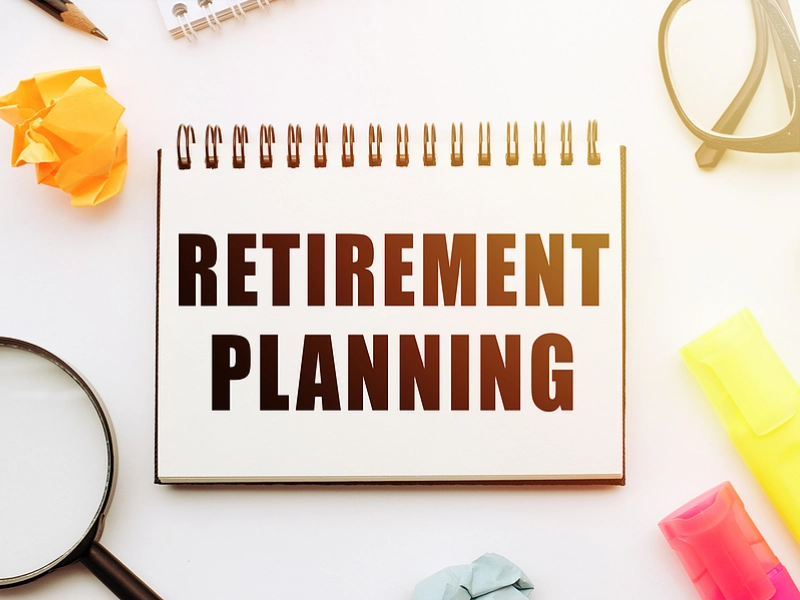
When you have a small business to operate and everyday responsibilities to meet, retirement may seem like a faraway goal. But if you want to sell your business in the future, you need to be sure it can continue without you.
A well-thought-out plan can increase your chances of receiving a decent price when you decide to sell your business and help you save money for the future. It may currently offer tax benefits as well.
Due to their frequently conflicting schedules and diverse financial objectives, small business owners may find it difficult to select the appropriate retirement plan. Thankfully, Schwab provides a number of options that are ideal for small businesses. These include Solo 401(k) plans for independent contractors, SIMPLE IRAs, and SEP IRAs. The plan's setup and maintenance may come with up-front expenses, but over time, the advantages for both you and your staff should exceed them. In certain instances, there can be government incentives available to help defray these expenses.
Contributions

Owners of small businesses who want to provide retirement plans have a lot of possibilities. In addition to other plan types like the individual 401(k), which has higher contribution limits for sole proprietors, they can select from standard 401(k)s, SIMPLE IRAs, SEP IRAs, and other options.
Because it allows for pretax contributions from employees' paychecks, the 401(k) has the potential to both attract and retain talent. Up to a certain amount, employers are also permitted to make matching contributions. However, due of non-discrimination tests and expensive setup and management fees, it may necessitate a large amount of administrative resources.
Compared to a 401(k), a SEP IRA has lower contribution caps but is easier to set up and maintain. Businesses with one or more employees can use it. It is a wise option for tiny companies looking to make significant financial savings. Additionally, owners are able to add employee contributions to their own SEP IRAs. When employees get retirement distributions, these are tax deferred for the business and deductible from taxes for the employees.
Taxes

Compared to the typical hourly worker, small business owners have the ability to save significantly more for retirement. You can take advantage of that and be protected from future tax changes with the aid of a well-thought-out plan.
For small businesses, Schwab provides a variety of retirement savings options, such as SIMPLE and SEP IRAs. These plans might have smaller contribution caps than 401(k)s, but they might be easier to set up and manage.
Employers may contribute to a Simplified Employee Pension (SEP) IRA on behalf of their staff members. It is compatible with numerous business structures, such as partnerships, S corporations, and sole proprietorships. By payroll deduction, workers can also contribute on their own. The primary disadvantage of this kind of plan is that you, the employer, are responsible for making the annual payments, which must match your own contributions in terms of both money and compensation.
Investing
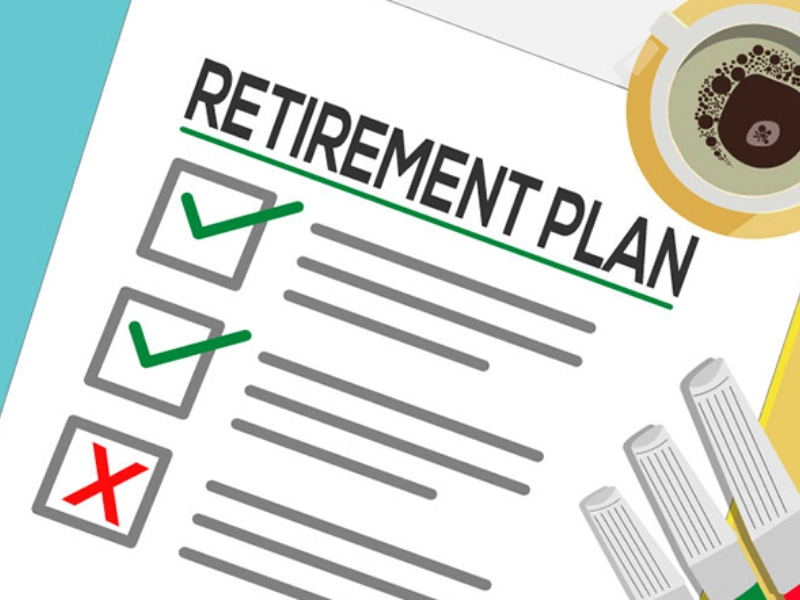
You are in charge of the daily operations and long-term financial stability of your small business as its owner. You also have a number of other tasks and obligations, such as organizing your own retirement and your employees' retirement.
Due to their large contribution caps and simplicity of setup and management, the Simplified Employee Pension Plan (SEP) IRA and the Savings Incentive Match Plan for Employees Individual Retirement Account (SIMPLE) IRA are both great choices for small business owners. Employers are required under these plans to contribute a non-elective amount equivalent to 3% of employees' annual compensation or a matching contribution.
Even though it's a wise investment for the future, many small business owners don't provide their staff with retirement savings plans. For some people, the expense of setting up and keeping up a retirement savings plan is a barrier. But a well-thought-out plan can improve your bottom line and aid in luring and keeping excellent staff.
Recommended Reading: How to Pay for Attorney Services




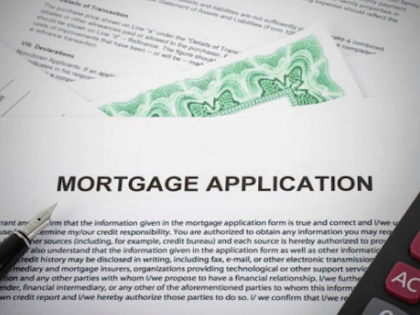








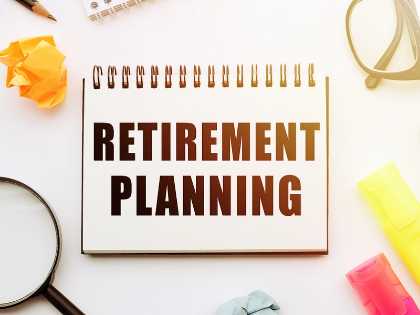



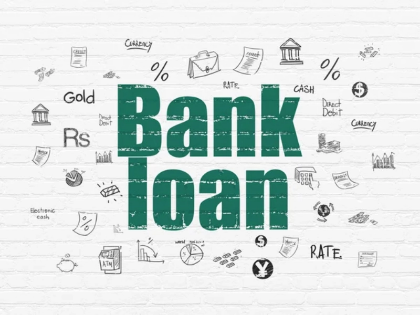
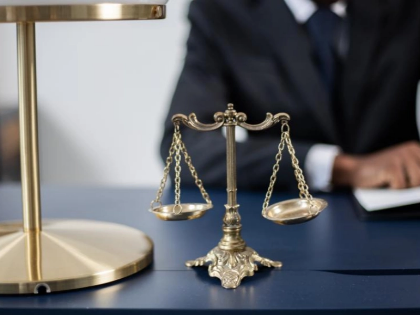
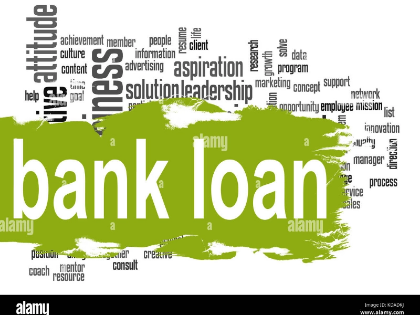




Core idea > fluff.